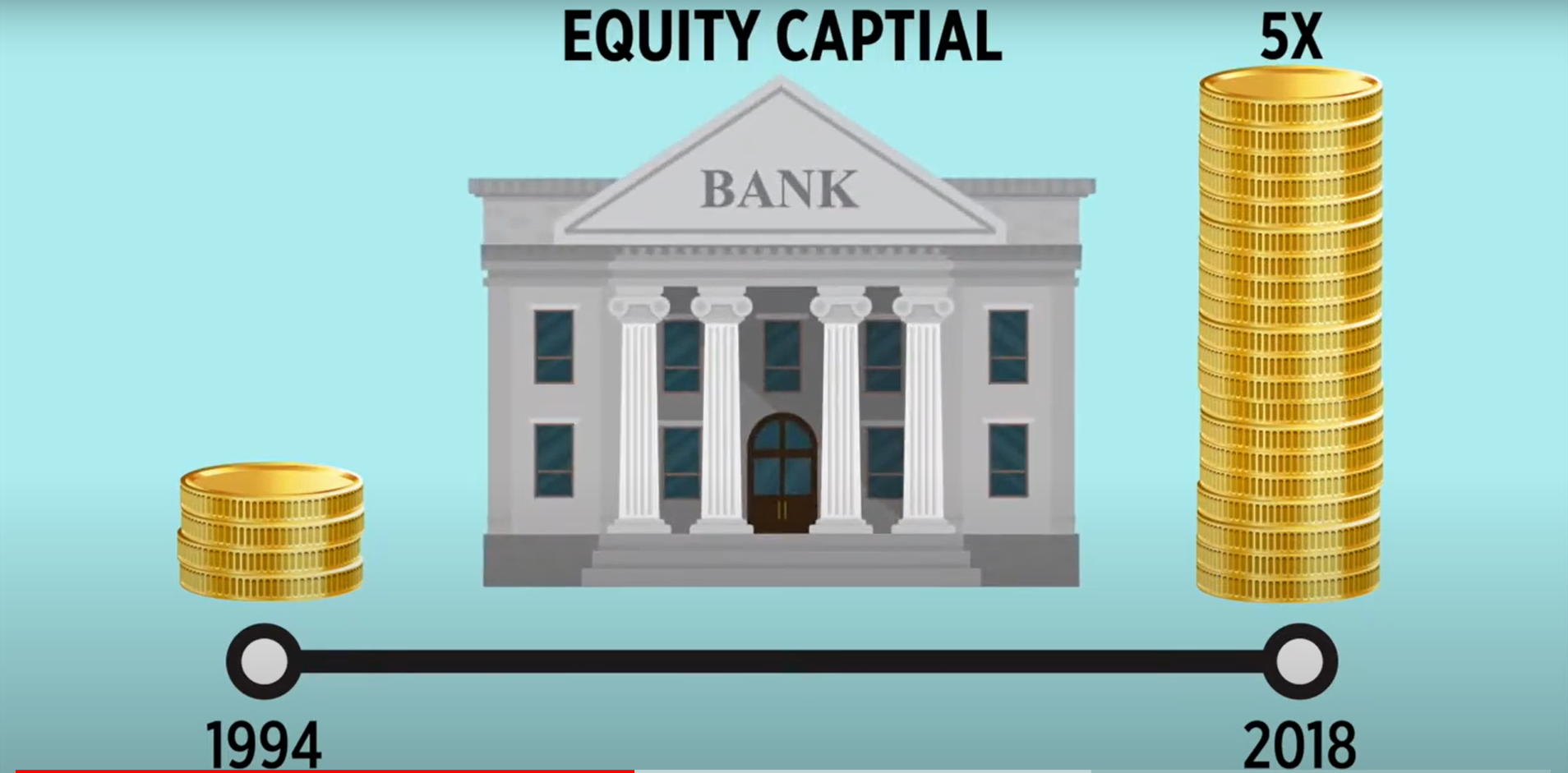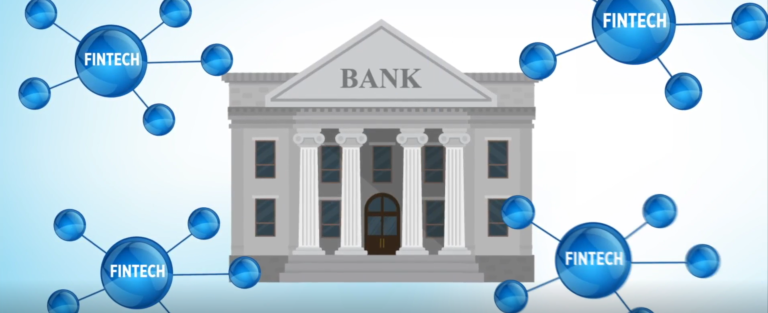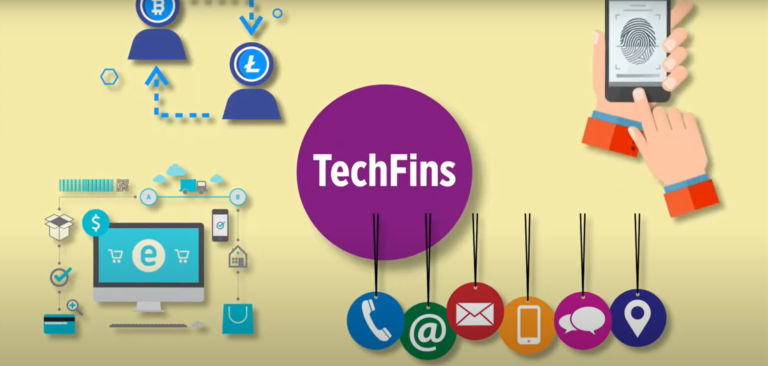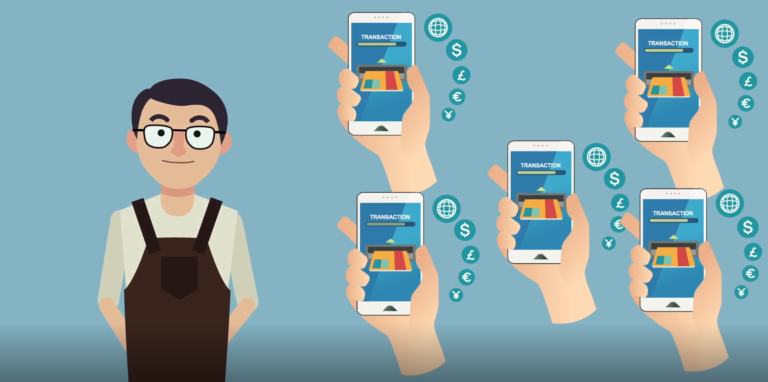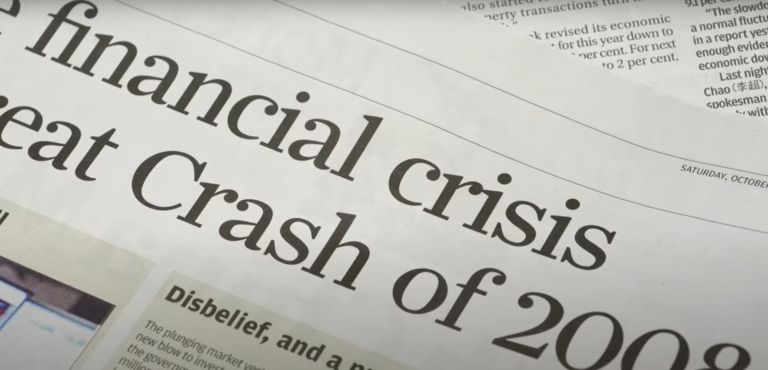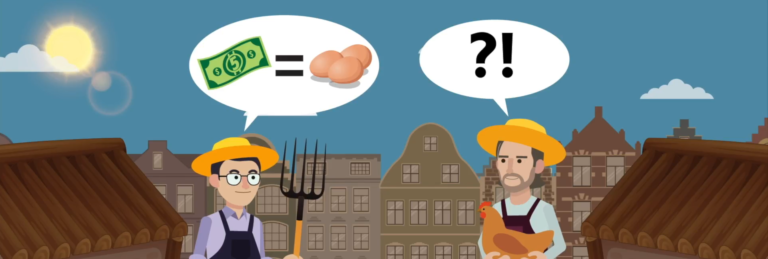Transcript
Microsoft founder Bill Gates famously once said, “banks are dinosaurs, they can be bypassed,” and that “we need banking but not banks.” Take a moment and consider those statements. Do you agree?
Mr. Gates made those comments in light of the vast advancements in technology during the 1990s, knowing that banks needed to adopt new technologies or find themselves left behind. Does that sound familiar? Would it surprise you to hear that Mr. Gates made these statements back in 1994, nearly 25 years ago?
Now in some ways, Gates was wrong. Between 1994 and 2018, bank operating revenue tripled, earnings quadrupled and equity capital has quintupled. Now for those who are not in finance, this simply means that banks have gotten bigger and bigger and generally more profitable. But some of his statements and the concerns they raised among bankers have clearly begun to happen if not already being a reality. For example, an American banker named William Randle warned that, “a failure on the part of banks to recognise this threat to the banking industry from technology will result in the loss of control of the payment system, as well as the loss of control in core customer relationships.”
Sound familiar? Some estimate that because of the TechFins and large digital platforms, incumbent banks may lose one third to half of all payment volumes by 2025. They point to the fact that these established tech giants already have large user bases, low online acquisition costs and big data customer insights, and they’re increasingly getting internet banking licences. Some of these TechFins may have preexisting scale and client reach that is larger than traditional financial institutions, think Alibaba, Facebook and Tencent. And in some parts of the developing world companies like M-Pesa are allowing people to largely bypass traditional banks altogether.
Discussion Questions
- Where does this leave the banks and what does it entail for the financial system and banking as a whole?
- And where does it leave us as the consumers?

